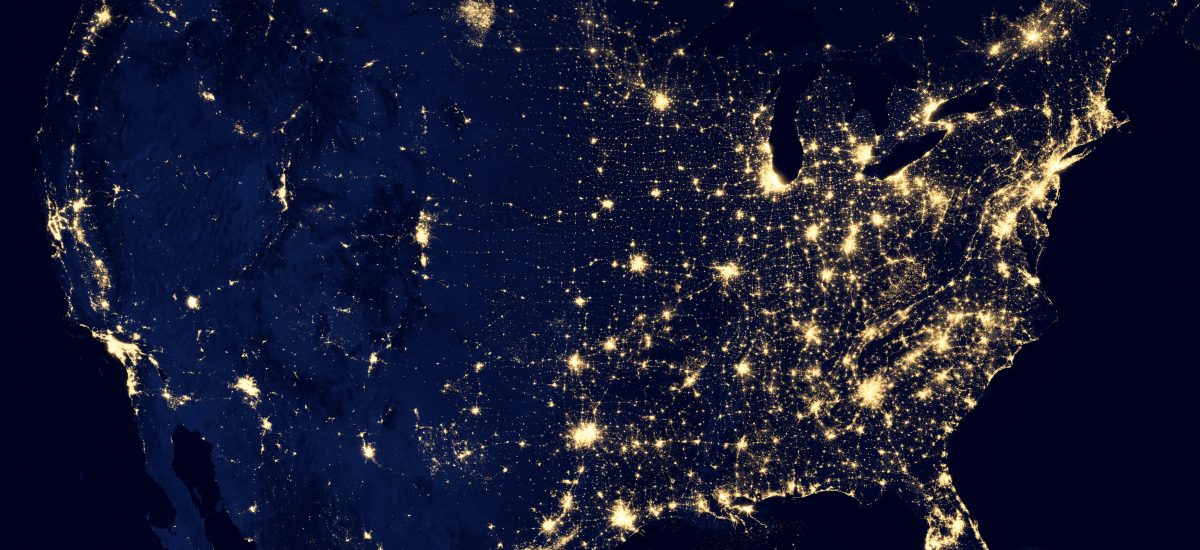
Towards a Smart Society – the role of Digital Futures
Objective
This project consists of three work packages (WP). Together, they will support a discussion of how Digital Futures should work in the area of Smart Society and support project proposals and possibly other measures to develop Smart Society within Digital Futures strategically. The second and third WP feeds into the first. This supports Digital Futures’ vision –“to shape a sustainable society through digital transformation”.
The first WP develops an Agenda for Smart Society for Digital Futures, in line with what is described in the Digital Futures’ strategic plan.
In the second WP, we explore the collection and distribution of information related to urban energy modelling and how this can be developed to be used and useful for cities. The potential of a single, transparent platform for many stakeholders who aim to automate and accelerate the energy transition is investigated. The research questions focus on the decision-making utility of such a platform for society. In summary: who needs information, when, and how should they receive it?
The third WP collaborates with the KTH Climate Action Centre and works directly with some ongoing projects financed by Digital Futures. The role is to assess the potential effects of greenhouse gas emissions from some existing projects. This way, it becomes a test of introducing a societal assessment of Digital Futures’ projects.
The intention is that there will be connections between WP2 and WP3 and that they can mutually support each other since the questions on information use and need in WP2 are likely also crucial for WP3.
Background
To a great extent, the project is directed towards the Working group Smart Society and how to develop the field within Digital Futures. The project relates directly to several parts of Digital Futures’ strategic plan, specifically:
- In the strategic plan, one task within Smart Society is to start a seed project to write a strategic agenda for Smart Society, i.e. a perfect match to WP1.
- The strategic plan also includes a coordinated project with the KTH Climate Action Centre on climate-related aspects of some ongoing projects funded by Digital Futures. This goes very well with WP3.
- There is also a call in the strategic plan for an overview of education on digitalisation for sustainability. This will also be covered in WP1.
- WP2 is not directly covered in the strategic plan, but WP2 will both feed into WP1 and interact with WP3 and will, therefore, indirectly support the strategic plan. There are also several potential relations to all three scientific research themes through questions that come up when considering urban energy modelling as far as what is investigated in WP2.
Crossdisciplinary collaboration
The researchers represent several departments at the KTH Royal Institute of Technology.
Watch the recorded presentation at the Digitalize in Stockholm 2023 event:
Contacts
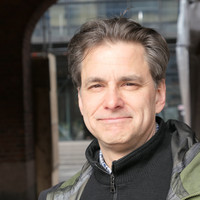
Mattias Höjer
Professor, Strategic Sustainability Studies at KTH, Member of the Strategic Research Committee, Chair Working group Smart Society, Co-PI: Smart Society - Gigitalisation and the public sphre AND sustainable conference, Former PI: Towards a Smart Society – the role of Digital Futures, Digital Futures Faculty
+46 8 790 64 51mattias.hojer@abe.kth.se
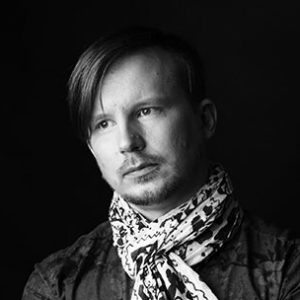
Daniel Koch
Researcher at the ABE School at KTH, PI: Smart Society - Gigitalisation and the public sphre AND sustainable conference, Former Co-PI: Towards a Smart Society – the role of Digital Futures
+46 8 790 60 25daniel.koch@arch.kth.se
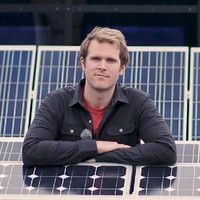
Nelson Sommerfeldt
Researcher in Prosumer Energy Systems, Unit of Applied Thermodynamics and Refrigeration at KTH, Working group Smart Society at Digital Futures, Former Co-PI: Towards a Smart Society – the role of Digital Futures
nelsons@kth.se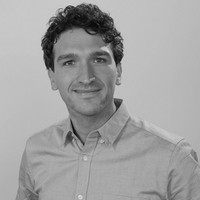
Francesco Fuso-Nerini
Associate Professor at KTH ITM, Director of KTH Climate Action Centre, Working group Smart Society, PI: Embedding AI in an innovative geospatial tool to support policy for clean cooking adoption in low- and middle-income countries, Co-PI: An AI-based framework for harmonizing climate policies and projects with the SDGs, Former Co-PI: Towards a Smart Society – the role of Digital Futures, Digital Futures Faculty
ffn@kth.se

